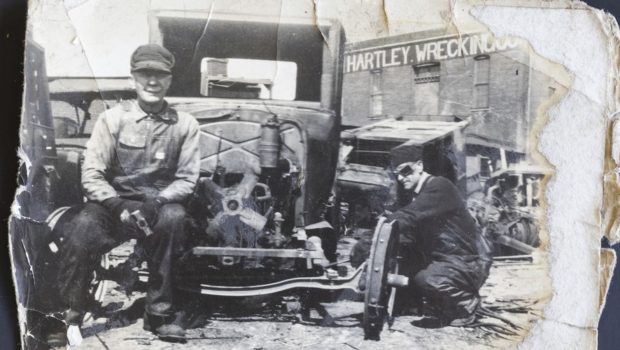How to Stop Innovation From Breaking America
Postman opens his book Technopoly with the startling observation (credited to the Egyptian King Thamus) that even the invention of writing had costs as well as benefits. According to Plato’s Socrates, Thamus said, “What you have discovered is a receipt for recollection, not for memory. And as for wisdom, your pupils will have the reputation for it without the reality … And because they are filled with the conceit of wisdom instead of real wisdom, they will be a burden to society.” That sounds a bit like Google searching.
So if the extremes are intense technophobia (Ming China) or intense technophilia (the U.S., at least until recently), I’d like to believe we can do better—by creating a resilient civilization capable of surviving periods of very rapid technological change without tipping into class warfare, severe economic depression, violent revolution, mass dislocation, colonization, or catastrophic militarism.
Caleb Watney: America’s innovation engine is slowing
Societies can become resilient in two main ways. First, they can take steps to buffer and mitigate the effects of social dislocation. For example, since technological shocks have historically led to a major consolidation of wealth and the rise of new monopoly powers, societies can dissipate the shock by breaking up the monopolies and ensuring there are measures for redistributing wealth. Second, instead of being uniformly technophilic or technophobic, societies might be wise to go through cycles—one cycle of inventing a whole bunch of new stuff, followed by another cycle of fixing all the damage that’s been done. Then repeat.
Judging by historical standards, the U.S. could be doing worse. Thanks to social safety nets and other stabilizing interventions, we are probably a little more resilient now than we were in the 20th century. But no one can deny that technological change has created instability in the past few decades, especially among the least-well-off socioeconomic classes. And things could still get much worse before they get better. The rise of the major tech platforms has already triggered forms of struggle and borderline class warfare by disrupting industries at the periphery of the economy, including advertising and some retail. If larger, more significant industries begin to fall—say, the automobile industry—the economic uncertainty could be explosive.
Read: How to get people to embrace technological change
There’s also the invading-army kind of technological shock, which, while somewhat different today, is not a joke. The country needs to be able to deter and better prevent threats like foreign manipulation of its elections and the stirring of domestic unrest.
I do see signs that we have moved into a less technophilic period and are taking a hard look at where we’ve gone wrong and what damage we’ve done. Now we might be ready to repair it.
This article was excerpted from Wu’s essay in the recent book Which Side of History?
We want to hear what you think about this article. Submit a letter to the editor or write to letters@theatlantic.com.








Gloss